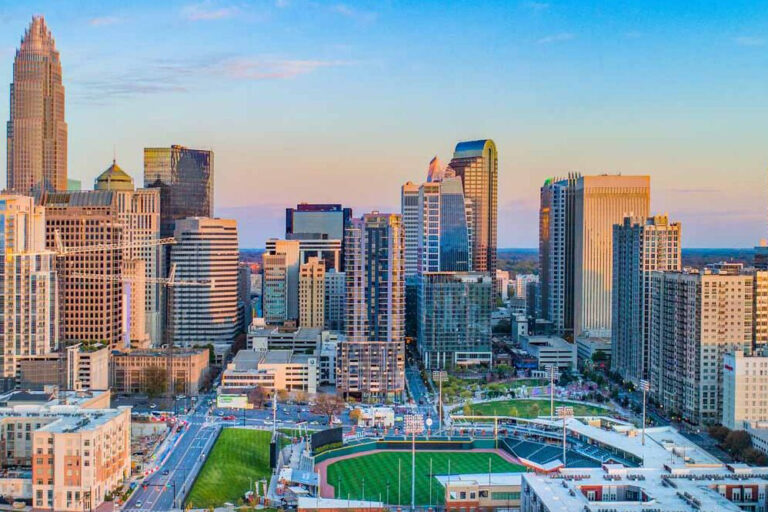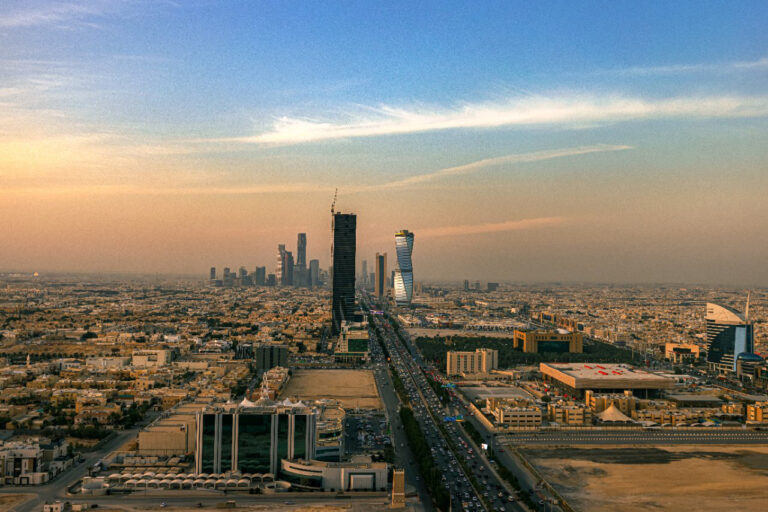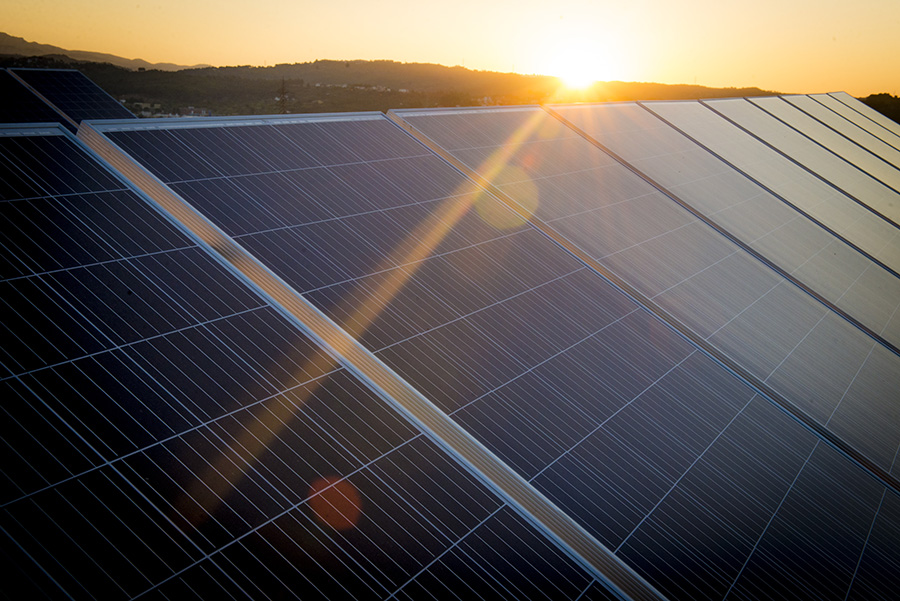
The organisation has decreased production-related CO2 emissions by 65% and thanks to the actions implemented in 2019, the company generated 38.5% less waste in a single year. The goal is to lower the Martorell factory’s environmental impact by 50% by 2025. In 2019 the carmaker invested 27 million euros in environmental initiatives.
SEAT is committed to caring for the environment and in 2019 continued to work actively on progressively reducing the environmental impact of its activity. The carmaker successfully reduced its five main production-related environmental indicators by 43%, including energy and water consumption, waste generation, volatile organic compounds and CO2. In this way, the company is taking a major step towards achieving the objectives set for 2025, with the aim of reducing its environmental footprint derived from production by 50% compared to 2010.
Specifically, since SEAT began its environmental offensive a full decade ago, the company has curbed its energy and water consumption by 26% and 32%, respectively, improved waste management by 58% and reduced the emission of volatile organic compounds by 23%. In addition, it has lowered the emission of CO2 from production by 65%. In 2019, the company invested 27 million euros in environmental initiatives.
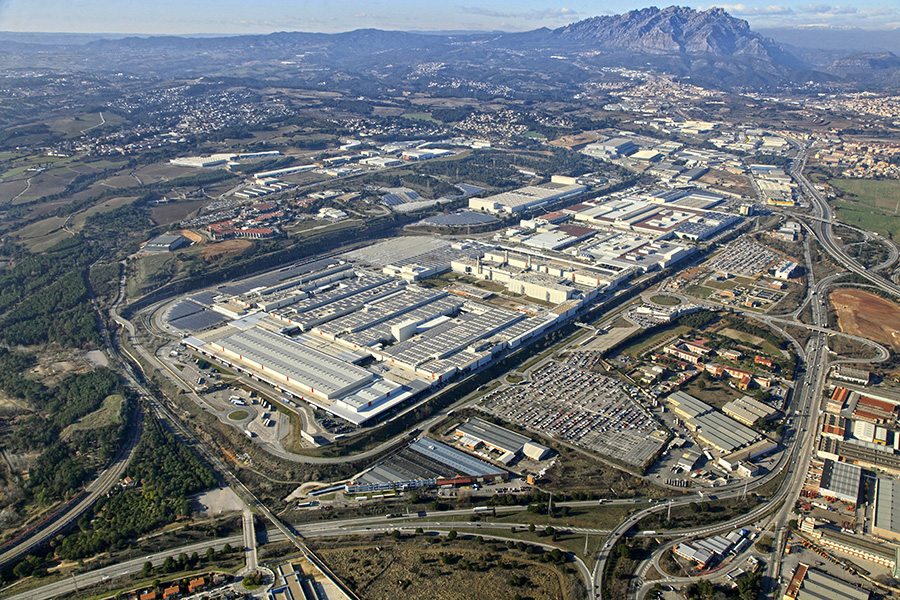
SEAT Vice-president for Production and Logistics Dr. Christian Vollmer pointed out that “SEAT has a clear commitment to the environment. That is why we have been working for several years with the aim of minimising the environmental impact of our business as much as possible. Since 2010 we have cut our footprint by 43% and reduced CO2 emissions from production by 65%. Our goal is to continue to improve day by day to contribute to protecting the planet.”
In 2019 the company focused on implementing measures to produce less waste and more efficiently treat all generated waste. To accomplish this, various measures have been activated throughout the production phase based on a comprehensive approach, from minimising the generation of waste to its subsequent recycling and revaluation. As a result, SEAT reduced its waste by 38.5% in a single year, achieving a 58% reduction since 2010, and waste destined for disposal has gone down by two kilos per vehicle produced.
Highlights of the measures applied in 2019 include the reduction at source of product packaging and putty destined for disposal, or the improvement of waste separation and treatment to guarantee its recovery, as well as replacing plastic bottles with reusable ones, which the company has distributed to its employees to help eliminate 22 tonnes of plastic per year.
In 2019, the carmaker activated several programmes aimed at reducing CO2 and achieving greater energy efficiency, such as the project to recover energy from paint drying oven chimneys. This results in annual savings of 11.7 GWh in natural gas consumption, the equivalent of the needs of close to 2,400 Spanish homes in an entire year. Thanks to this plan, 2,400 tonnes of CO2 are no longer emitted each year.
The paint shop is where several successful savings initiatives have been implemented, including the reuse of water used to spray paint the vehicles. Once separated and cleaned, it is returned to the process in a completely closed circuit.
In addition, with the aim of preserving biodiversity, company employees planted trees in the Llobregat Delta. This initiative is part of the habitat restoration project in the Llobregat Delta Conservation Site, a location close to two of SEAT’s production plants: SEAT Barcelona and SEAT Componentes.
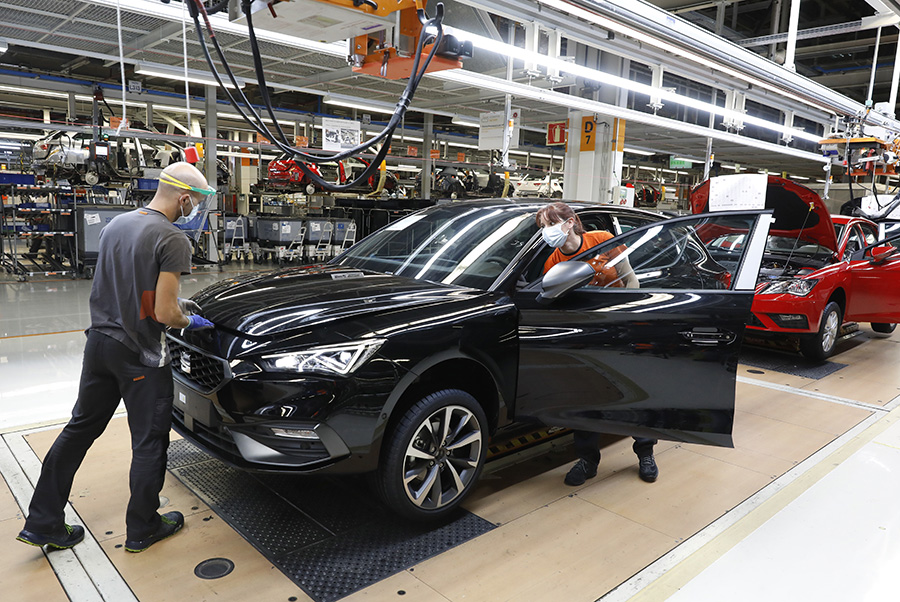
The environmental dimension is one of the cornerstones of SEAT’s sustainability strategy. Under this framework, Ecomotive Factory was launched in 2010, a plan aimed at minimising the impact on the environment of the SEAT factory in Martorell as much as possible.
Today, caring for the planet takes on even greater importance under the global corporate mission Move to Zero, whose ambition is to minimise the environmental impact of all mobility products and solutions throughout their lifecycle, from the procurement of raw materials and production to the end of their useful service life. This will keep ecosystems intact and create a positive effect on the environment and on society.
Move to Zero is aligned with the sustainability commitment of the company, and the Volkswagen Group, to achieve the environmental objectives set out in the Paris Agreement. The common long-term vision is to be a carbon-neutral company by 2050 and in the specific area of production, to reduce our environmental footprint by 50% by 2025 compared to 2010. In 2019 the impact was already reduced by 43%![]()







